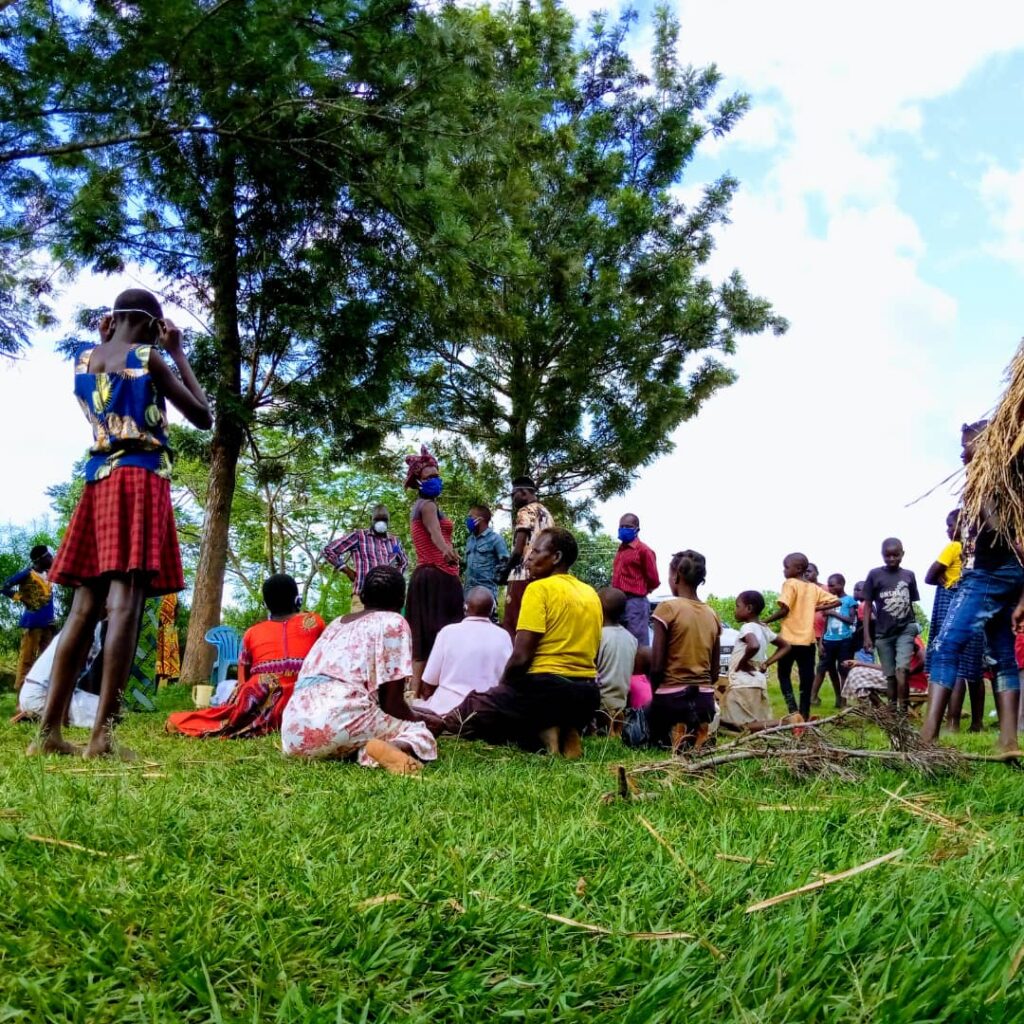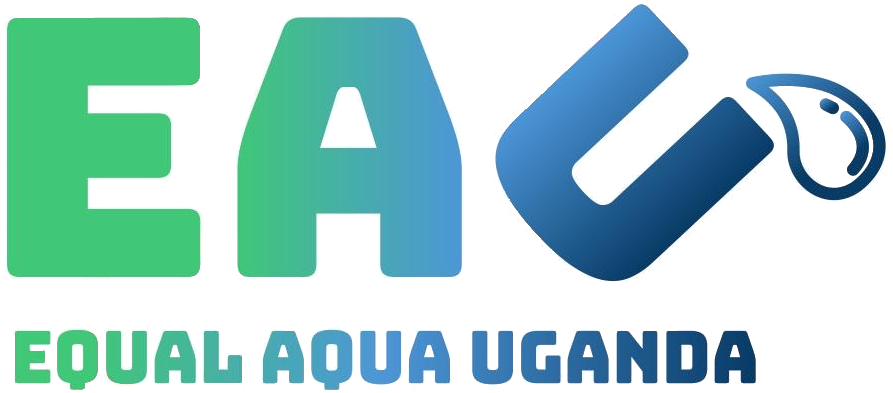On behalf of the Equal Aqua team – both in Uganda and around the world – I would like to convey my appreciation to Festival Medical Services (FMS) for sponsoring this programme of work. This has enabled us to grow and diversify our vocational training (WASH Workshops) and Menstrual Hygiene Management (MHM) initiatives, benefitting over 800 people over 18 months, including on-going implementation support.
I am happy to report that we are nearing completion of the first phase of the programme, including initial mobilisation and first workshops. We have targeted hard-to-reach rural communities, including refugee camps, in Uganda, with a focus on women and girls, who are impacted disproportionately by WASH inequality. The initial sessions have been warmly welcomed and we have received positive feedback from the trainees, who are eagerly anticipating the next workshops. Delivery has not been without challenges, which we will be completely transparent about in the following pages. We look forward to providing you will a full impact report in the coming months, including a short film documenting the outcomes.

“It is clear that Water, Sanitation and Hygiene have been majorly neglected in our communities – and are critical in the context of health, gender, education and economic recovery after COVID-19. A big thanks to our sponsors FMS. With your support women and girls will be able to contribute to economic empowerment and development. Thank you to FMS for really being of great help by giving us funds that has changed lives in Uganda for the better.” – Jovia Namihanja Project Officer –
What’s next?
We look forward to sharing with you the full results of the programme. Phase One (mobilisation and initial sessions) will conclude in the next two weeks, including delivering MHM and WASH workshops for two schools and one community group in Jinja, Eastern Uganda. Funds permitting, we may also be able to train a fourth group. Following this, we will return to all schools and community groups in Phase Two (Oct/Nov) and Phase Three (Dec/Jan) to deliver the next sessions in our WASH skills training – including how to make bar soap, shampoo and vaseline – and the next modules in our MHM curriculum, facilitating community dialogues which break down taboos around menstruation, Our pre and post assessments, as well as long term monitoring and support for the learners, will allow us to provide FMS with quantified impact assessments. We will also be capturing a number of change stories, documenting in detail the impact the training has had on beneficiaries, i.e. those trainees who themselves have become trainers – passing on their skills to their fellow students or communities – or girls who have been able to stay in school longer due to improved MHM understanding and products.
